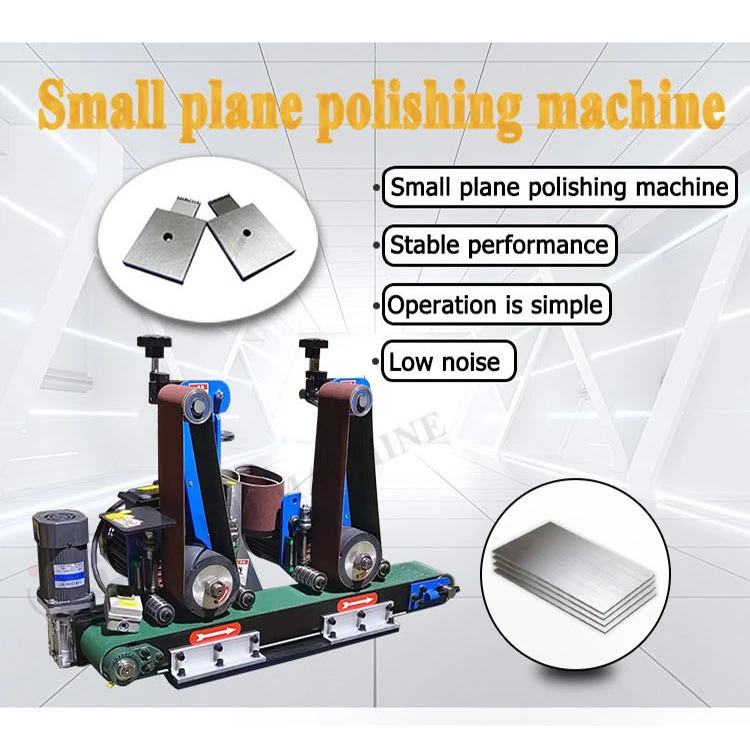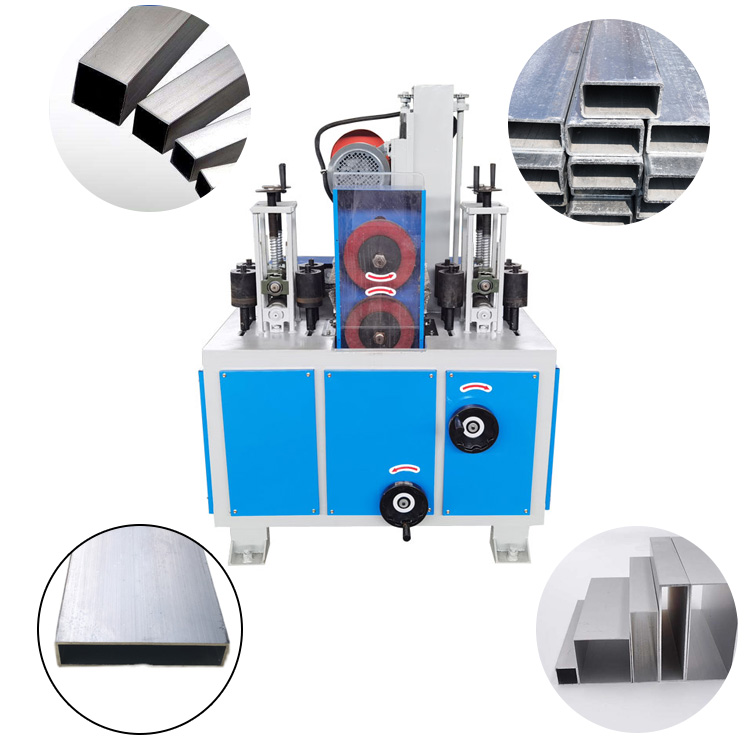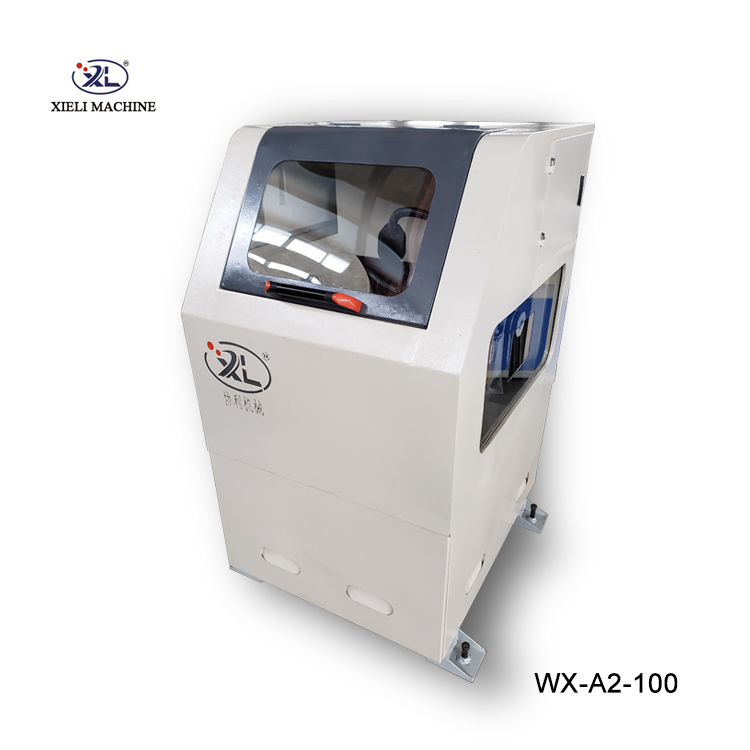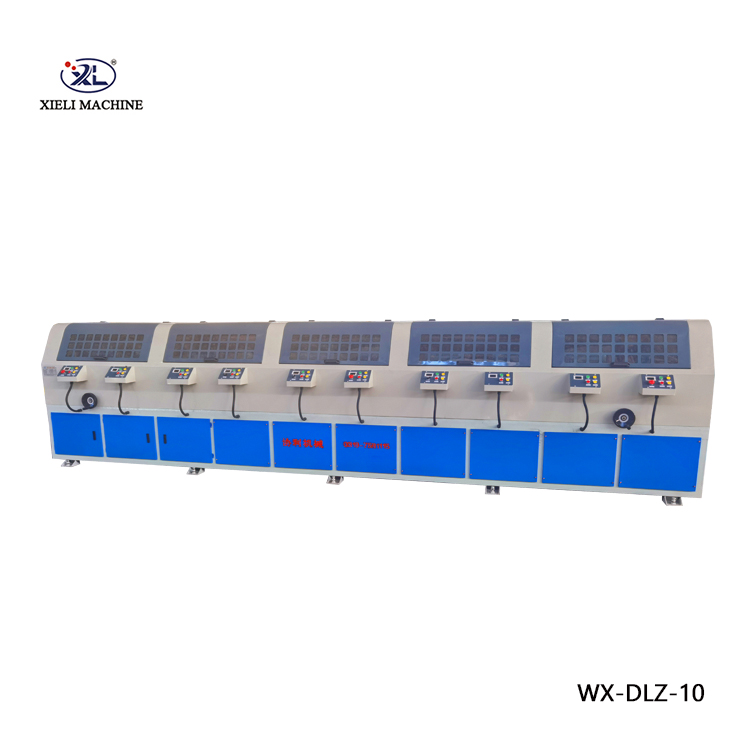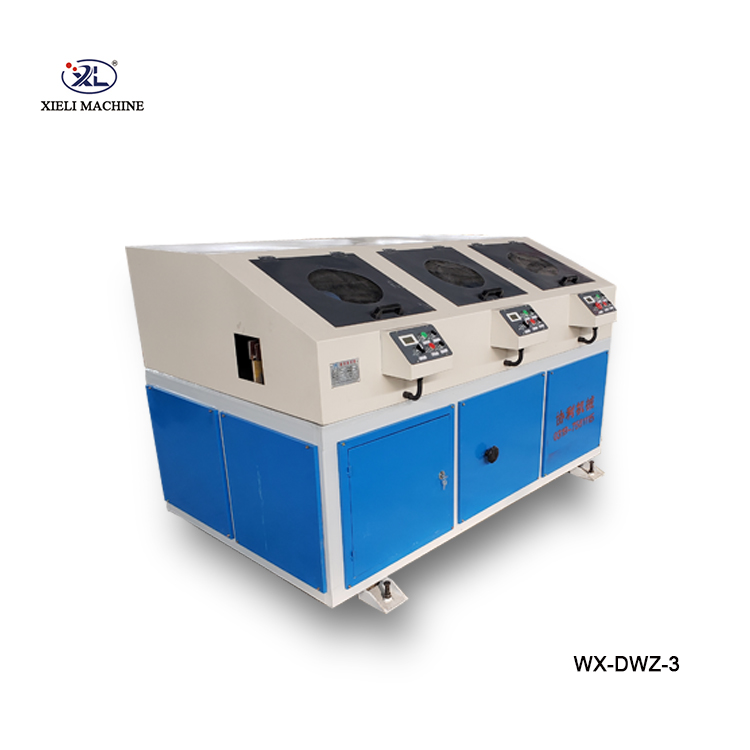In modern manufacturing, achieving a smooth, flawless surface finish is critical to both the function and appearance of products. Whether dealing with wood or metal components, the importance of using professional-grade polishing equipment cannot be overstated. In industrial settings, polishing not only enhances visual appeal but also plays a vital role in durability, corrosion resistance, and product consistency. With advancements in machinery, manufacturers now have access to an array of polishing systems designed to improve efficiency while reducing manual labor. From large-scale industrial metal polishing machines to compact small wood polishing machines, these tools are revolutionizing finishing processes across multiple sectors.
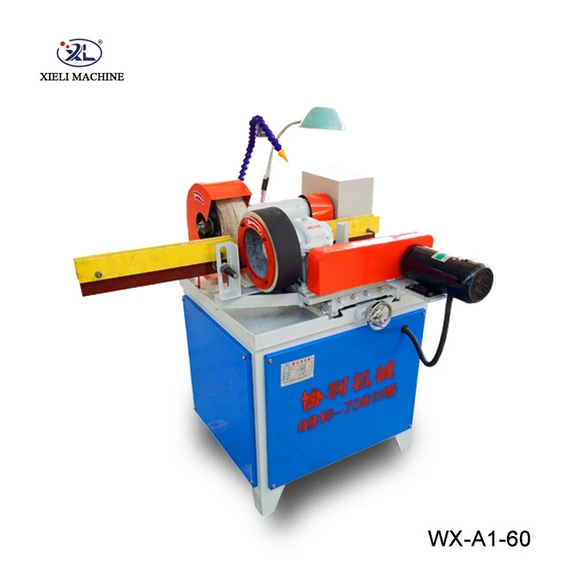
Companies Benefit from Higher Output Using a Small Wood Polishing Machine in Production Lines
Among the growing suite of equipment used for woodworking, the small wood polishing machine stands out for its ability to handle intricate work in limited spaces. Unlike bulky machines, these compact units are ideal for polishing furniture components, carvings, and decorative trims. In industrial workshops focused on customized or detailed projects, the small wood polishing machine offers precise control and consistent performance. It allows manufacturers to meet high-quality standards without the excessive footprint or energy consumption associated with larger systems. More importantly, these machines reduce operator fatigue and improve polishing time per unit, which directly increases overall productivity.
Modern Facilities Seeking Efficiency Are Turning to Wood Polishing Machine for Sale Listings
With technological evolution, many production managers actively search for a wood polishing machine for sale to upgrade outdated systems. Today’s machines come with programmable settings, variable speed controls, and ergonomic designs that cater to high-demand environments. Investing in a high-quality wood polishing machine for sale ensures long-term gains, including reduced rework rates, better surface consistency, and adaptability for various wood types. Whether processing pine, oak, or engineered boards, these machines deliver uniform polish, making them a staple in furniture factories, cabinetry units, and even flooring production lines.
The Growing Demand for Industrial Metal Polishing Machine Solutions in Manufacturing
As the demand for stainless steel, aluminum, and other alloys grows in sectors like aerospace, automotive, and construction, the need for an industrial metal polishing machine becomes evident. These machines are engineered for high-volume operations and are capable of handling heavy-duty components with varying shapes and sizes. An industrial metal polishing machine ensures each surface is smooth, deburred, and ready for coating or welding. Moreover, using these systems helps reduce oxidation and contamination, which are critical to meeting international quality standards in mass production environments.
Precision Processing Requires Advanced Industrial Metal Polishing Equipment with Smart Features
In today’s digital factories, efficiency depends on intelligent systems. The latest industrial metal polishing equipment is integrated with automation, sensors, and real-time monitoring features. This allows operators to control polishing pressure, duration, and rotation with pinpoint accuracy. When using industrial metal polishing equipment in complex operations such as turbine blade finishing or medical device manufacturing, precision is everything. These machines not only reduce human error but also support traceable production, an essential requirement for ISO-certified facilities. Their reliability ensures reduced downtime and consistent output over extended use cycles.
Flat Polishing Machine Applications Extend Beyond Surface Aesthetics in Heavy Industries
While many think of a flat polishing machineas a surface-level solution, its applications run deeper in industrial use. In metal fabrication and stone processing, these machines are crucial for leveling surfaces before coatings or lamination. A properly configured flat polishing machine removes inconsistencies that could lead to defects in high-performance applications. In industries such as solar panel manufacturing, shipbuilding, or architectural metalwork, flat surface accuracy has a direct effect on product function and safety. These machines typically feature conveyor integration, multi-head polishing modules, and coolant systems to enhance performance and lifespan.
How Do Industrial Polishing Machines Enhance Manufacturing Safety?
Well-maintained surfaces are not just about appearance—they reduce sharp edges, improve part fit, and minimize failure risks in structural components. Industrial polishing eliminates micro-cracks and surface stress points, thus enhancing mechanical integrity.
What Are the Environmental Benefits of Using Automated Polishing Equipment?
Automation in polishing reduces material waste, minimizes energy usage, and limits airborne dust through built-in filtration systems. Advanced polishing machines also enable closed-loop systems that reuse polishing fluids and abrasives.
Can One Machine Handle Both Wood and Metal Polishing Needs?
While some hybrid solutions exist, most manufacturers prefer dedicated machines for each material. A small wood polishing machine focuses on grain sensitivity and finish clarity, whereas industrial metal polishing equipment handles heat, hardness, and abrasive demands.
Industrial Polishing Equipment FAQs
Q: What’s the difference between a flat polishing machine and other polishing systems?
A: A flat polishing machine is designed specifically to produce uniform finishes on flat surfaces, while other machines may be tailored to cylindrical or complex geometries.
Q: How long does an industrial metal polishing machine typically last?
A: With proper maintenance, an industrial metal polishing machine can last over 10 years, even in high-demand environments. Longevity also depends on usage intensity and material compatibility.
Q: Is it possible to retrofit older models of wood polishers with modern controls?
A: Yes, many legacy units can be upgraded with digital interfaces and improved motor systems, enhancing the performance of existing wood polishing machines for sale.
Q: Are compact polishers suitable for factory-scale use?
A: While a small wood polishing machine is ideal for detail work, it can complement larger machinery in a full-scale factory setup, especially when dedicated to fine finishing stages.
Q: What safety protocols should be followed with industrial metal polishing equipment?
A: Operators should use protective eyewear, gloves, and dust masks. Machines should be grounded properly and serviced regularly to avoid electrical or mechanical failures.

